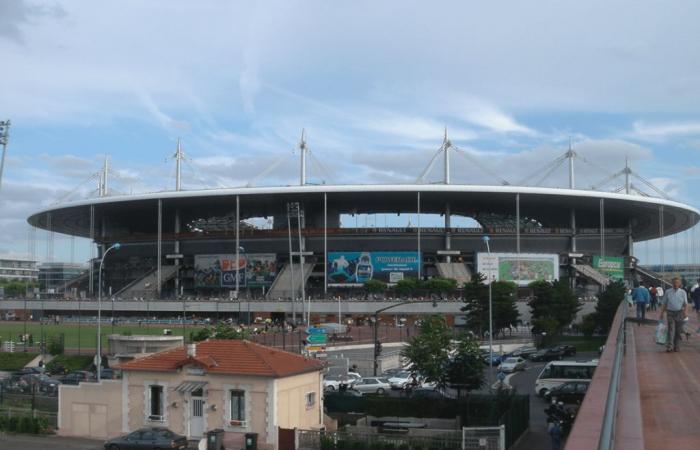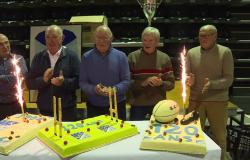
We remember that the call for tenders for the future of the Stade de France provided for 2 options (Mar. 10, 2023 Stade de France: the 2 calls for tenders published):
- that of the transfer
- that of sale.
The State did not respond to the offer submitted by a single candidate “Stade de France, Our common good” while 3 candidates were expected. As we revealed, the “Stade de France our common good” group was indeed summoned for a meeting for a hearing, but in the end received a letter stating that their offer was not admissible… Feb. 06, 2024 Sale of the Stade de France, “Stade de France our common good” the joke?
Finally the Government, finally the previous resigned government, appointed GL Events in exclusive negotiations. The decision would have been taken last Friday the day after the resignation of the Prime Minister. Dec. 10, 2024 GL Events in exclusive negotiation for the Stade de France concession.
Since then, the federations have emerged from the shadows of procedure. The team revealed that not satisfied with the proposals of GL Events as well as those of Vinci-Bouygues, the Football and Rugby Federations do not rule out managing the Saint-Denis venue themselves if the current procedure fails .
And finally what if it was the montage proposed by “Stade de France, Notre bien commun” which had been the most relevant montage? A montage that we were able to consult.
1. An advantageous model for federations
The proposed model is designed to maximize the benefits of sports federations while avoiding the pitfalls of previous schemes. Sports federations, in particular the FFF and the FFR, become full stakeholders through their integration into the governance, operation and economic ownership of the stadium. They are no longer simple tenants, but co-managers benefiting directly from the profitability and improvements of the stadium. This model reduces their usage costs, guarantees privileged access and aligns them economically with other stakeholders.
2. The trust arrangement
The scheme is based on a trust, a French legal mechanism introduced in 2007, allowing the secure transfer of ownership of the Stade de France to an independent trust asset. This Stade de France Trust (SDF) offers:
- Legal and financial protection : Securing stadium assets and preventing conflicts of interest.
- Neutral and professional management : Entrusted to an independent trustee (Poulmaire Gestion Fiduciaire), guaranteeing the balance of relations between the parties.
- Flexibility and transparency : Adapted governance, alignment of user objectives and regular reporting.
The trust ensures that the stadium remains a common asset, while maintaining operation in accordance with commitments to the State and users.
3. Real innovation in co-operation
This model represents a major advance in the management of sports infrastructures. Unlike traditional concession models, which are often sources of conflict and economic instability, the co-exploitation scheme allows:
- A pooling of interests between users (federations, operators, State).
- Concerted and profitable programming, integrating new types of events.
- Financial sustainability through optimized operations and income diversification.
“Stade de France, Our common good” in its offer had put 200 million euros on the table where GL events put 100 and Vinci-Bouygues 400. A model which has proven itself abroad with the Johan Cruyff Arena according to the offer of “Stade de France, Our common good”





